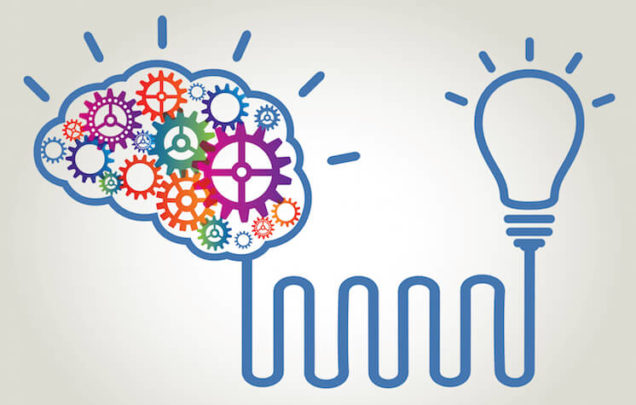Brain Food

Today’s food industry offers people diets of concentrated sugar and carbs, and does so at low prices. Visiting a fast food restaurant, one finds that healthy options are often far more expensive than calorie-loaded favorites. This is evident at McDonalds, where a salad costs more than a Big Mac. This trend in pricing is not exclusive to fast food chains. Prices for carbonated drinks and butter have decreased over time while vegetables and fruits have become more expensive. Consumption of cheap, unhealthy foods can be bad for our brains as well as our bodies. With greater access to foods with more sugar, carbohydrates, and fat, people today are at higher risk of developing Alzheimer’s disease than ever before.
A group of researchers studied the effects of nutrients on brain composition. They found that eating unhealthy foods increased amyloid-beta protein production, decreased gray matter volume, and decreased glucose metabolism. Aggregation of amyloid-beta protein is one of the key markers for Alzheimer’s disease, while a decrease in gray matter volume identifies brain atrophy, a common cause of dementia. The brain runs on glucose, so measuring the rate at which glucose is metabolized can be a good measure of decreases in cognition. The researchers found that vitamin B12, vitamin D, and zinc, compounds found in healthy foods such as cooked beef, oysters, sardines, cheese, spinach, and kale, lowered amyloid-beta protein levels, increased gray matter volume, and increased glucose metabolism. Vitamins E, A, and C, monounsaturated fats, polyunsaturated fats, and carotenoids, all found in citrus fruits and orange hued vegetables such as carrots and tomatoes, were also strongly associated with increased glucose metabolism. On the other hand, trans-saturated fats, saturated fats, cholesterol, and sodium, typically in high concentration in cheap, unhealthy foods, lowered glucose metabolism, gray matter volume, brain activity levels, and induced brain atrophy.
Though the general trend among food items appears to be that cheapness excludes healthfulness, one glaring counter-example is America’s favorite drink: coffee. Drinking the caffeine found in coffee can yield short-term increases in alertness and cognitive function and seems to decrease risks of cognitive decline in the long-term. A study found that coffee and tea consumption resulted in higher scores in cognitive tests and lowered risks to Alzheimer’s disease, dementia, and mild cognitive degeneration. In combination with a better diet and consumption of coffee or tea, one can make their brain healthier and lower their risk of developing Alzheimer’s.
Writer: Audrey Kim
Editor: James Kunstle
Sources:
Panza, Francesco, et al. “Coffee, Tea, and Caffeine Consumption and Prevention of Late-Life Cognitive Decline and Dementia: A Systematic Review.” The Journal of Nutrition, Health, and Aging, vol. 19, no. 3, pp. 313–328. Web of Science.
Berti, V, et al. “Nutrient Patterns and Brain Biomarkers of Alzheimer’s Disease in Cognitively Normal Individuals.” JOURNAL OF NUTRITION HEALTH & AGING, vol. 19, no. 4, Apr. 2015, pp. 413–423. Web of Science.
https://www.dietitians.ca/
https://economix.blogs.
https://ods.od.nih.gov/